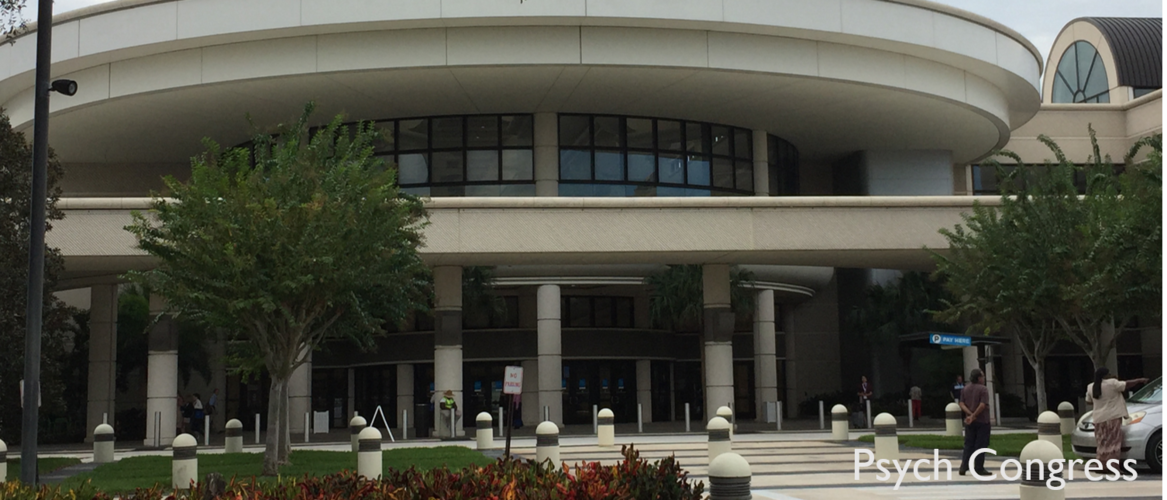
Choose a channel
Check out the different Progress in Mind content channels.

Progress in Mind

Internalized stigma is common among people with severe mental illness, and is associated with a 10-fold increased risk of loneliness, which in turn carries an increased risk for psychiatric hospitalization. The best strategy for mitigating internalized stigma associated with psychosis is effective intervention to make the first (or current) episode of psychosis the last episode, said expert Joseph McEvoy, Professor of Psychiatry, Medical College of Georgia, Augusta, GA, at a thought-provoking plenary at Psych Congress 2018. Psychosocial and case management strategies are also important to promote social inclusion and connectedness and stigma resistance.
A lower quality of life and social anxiety correlate with personal stigma
The term “stigma” derives from a visible mark that was often made with a pointed object, Professor McEvoy explained. Its associated “undesirable” status has resulted from its use to describe the branding of prisoners. Stigmatizing attitudes held by the general public are primitive, non-evidence-based beliefs.
On average, 65% of patients with schizophrenia spectrum disorders perceive stigma and 49% report alienation (shame) as the most common aspect of self-stigma, said Professor McEvoy. A lower quality of life and social anxiety correlate with personal stigma.1
Internalized stigma is associated with an increased risk of psychiatric hospitalization
Stigmatizing attitudes directed towards individuals who have a severe mental illness cause considerable distress for those individuals who “give in” and experience “internalized stigma.” Studies using the Internalized Stigma of Mental Illness (ISMI) scale2 have shown that internalized stigma correlates with depression, low self-esteem, and more severe symptoms.3
Compared with individuals with mental illness who have “stigma resistance” and who do not “give in” to stigmatizing attitudes, those who experience internalized stigma are more likely to be lonely4 and have:
Internalized stigma correlates with depression, low self-esteem, and more severe symptoms
Stigma resistance correlates positively with self-esteem, empowerment, and quality of life, and negatively with stigma measures and depression. Higher stigma resistance is associated with:
Effective antipsychotic therapy is the best way to mitigate internalized stigma
A meta-analysis of 26 randomized controlled trials to mitigate stigma associated with mental illness found no evidence that stigma interventions reduce perceived stigma or self-stigma.8 Although many advocate changing stigmatizing attitudes held by the general public, such initiatives have been found to have limited efficacy for overcoming internalized stigma for individual patients, explained Professor McEvoy.
The most important strategy to mitigate internalized stigma is to treat patients psychotherapeutically to make their first (or current) episode of psychosis the last episode, he said.
Social inclusion and connectedness promote stigma resistance
Psychosocial and case management strategies that promote social inclusion and connectedness are also necessary to mitigate stigma internalization and promote stigma resistance. The importance of these interventions has been highlighted by studies that have found: